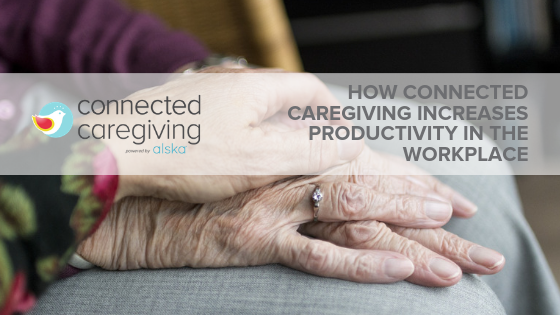Reducing absenteeism rates is a top priority for nearly every company and for good reason. Absenteeism has a negative impact on profits, productivity, and morale of the workforce as a whole. Aside from the actual employee where the absenteeism originates, a trickle effect happens to the employees who are filling in for an absent coworker. They are less productive, less engaged, and sometimes feel under-appreciated and can burn out more quickly.
Not to mention, every year, the costs of absenteeism surpasses $1 billion dollars in almost every industry. No company is immune to its effects. Companies with employees who have higher levels of education and experience pay an even higher price when employees are absent.
To make an impact on rates of absenteeism, employers and HR managers need to understand the root causes and take action to correct them. Here are the top causes of absenteeism in the workplace.
.jpg?width=1368&name=Color-greycopy-bluealska%20(1).jpg)


.png)





.png)
